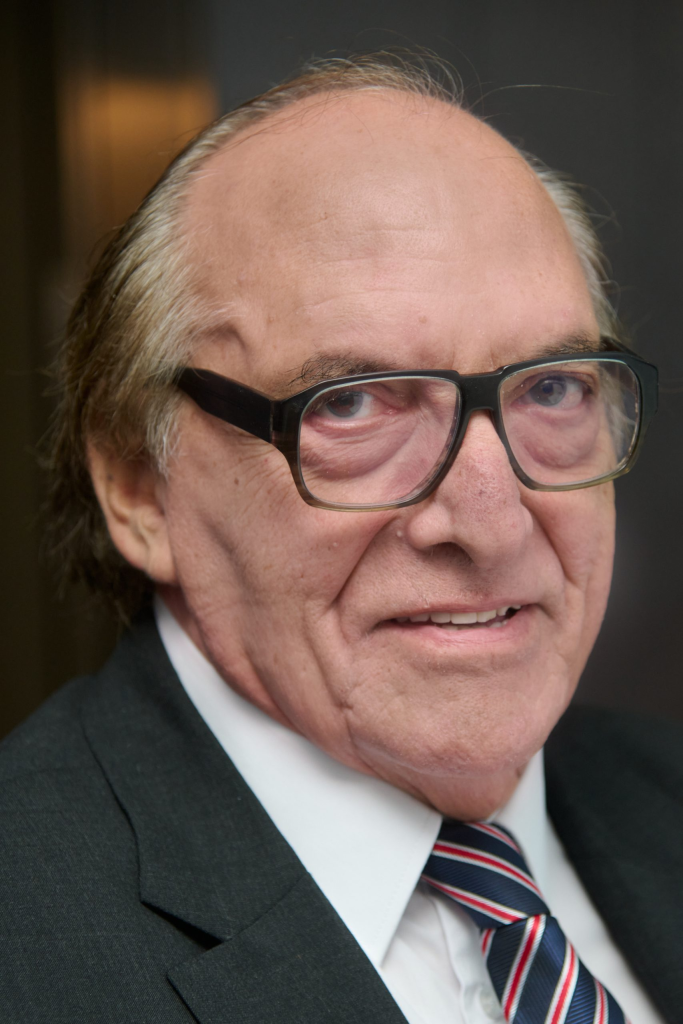Finance campaigner, business entrepreneur, broadcaster, and geopolitics/economics trends expert, Dr Roger Gewolb, head of the Campaign for Fair Finance ™ and Fairmoney.com in, calls for immediate reform of Bank of England monetary policy, ethos and culture.
Commenting on the powerful House of Lords Economic Affairs Committee report damning the Bank of England over its inadequate inflation forecasts and handling, Dr. Gewolb has reiterated his previous stance that the Bank needs to be reformed, with more diversity of opinions in the Monetary Policy Committee and elsewhere.
The Campaign for Fair Finance is supported by noted economist Catherine McBride, who explains; “cutting interest rates will help companies that almost always borrow at a premium to the base rate. This is especially true of SMEs who don’t have access to shareholder funds but are the bedrock of the economy and are responsible for most employment”.
Gewolb explains; “Bailey and his team should have gradually raised interest rates earlier instead of keeping them low and using quantitative easing (QE) to inject over a trillion dollars into the UK economy. The 14 consecutive interest rate rises have done absolutely nothing to combat our non-consumer-driven inflation and caused significant damage to the UK economy”. McBride adds; “the BoE runs the PRA and the FCA. All people who work in the city and are regulated by the FCA operate in an environment where they would be quickly fired for being this wrong.”.
The Bank has already recognised that its forecasts have been lacking during this period of flux. In July it surprisingly appointed Ben Bernanke, who chaired the US Federal Reserve during the 2008 financial crisis, which he failed to spot, to review its forecasting. Commenting on the appointment Gewolb asks; “Why the Bank didn’t appoint its former chief economist for decades, Andy Haldane, to review forecasting instead of Bernanke? Could it be because Haldane was not in favour of interest rate rises?”
Through his numerous expert comments, as well as his economic analysis for his Business Leader column Dr Gewolb has been vocal on how the Bank of England has mismanaged this inflation cycle from the start, “causing the biggest mortgage crisis since the ‘80s. Rate rises have crippled millions of British consumers and thousands of businesses, causing grave problems in the mortgage, rental, and property markets, cost-push inflation always falls by itself, just as food and energy prices are dropping now and just as it did in 2009 to 2012 when the BoE left interest rates unchanged”.
Urging Parliament to take a more active role in holding Bank executives accountable and appointing them, Dr Gewolb agrees the BoE “should have its remit pruned by the Treasury”, and should only be focusing on monetary policy and financial stability. He also believes that appointments to the Monetary Policy Committee (MPC) should reflect a wider range of economic views. “The Committee report is a masterpiece of British understatement. The monetary policy shock resulting from 14 consecutive interest rates to curb inflation has damaged British economic and financial stability, across all sectors,” he adds.
According to economists such as Carsten Jung, senior economist at the Institute for Public Policy Research and a former BoE official, the lack of proper models and tools to analyse pandemic-like events was the root cause of the issues we faced. The Bank of England’s remit was not an obstacle to making better decisions but the lack of imagination and foresight in macroeconomic institutions and groupthink in the economics profession led us to this point.
Commenting on the BoE remit Dr Gewolb adds, “The Bank of England’s focus on ESG issues like climate change is an example of mission creep. I question whether these targets are more important than analyzing trends in the money supply, which used to play a bigger role in BoE thinking”.
Dr Gewolb concludes with a call to change saying, “latest data released by the Office for National Statistics this week reveals the devastating effects of the cost of living crisis, inflation is at its highest for mortgaged households, affecting those with a mortgage and social renters the most. This has to stop now”.
You can read Roger Gewolb’s previous analysis of the Bank Of England’s monetary policy in his Business Leader column here.



